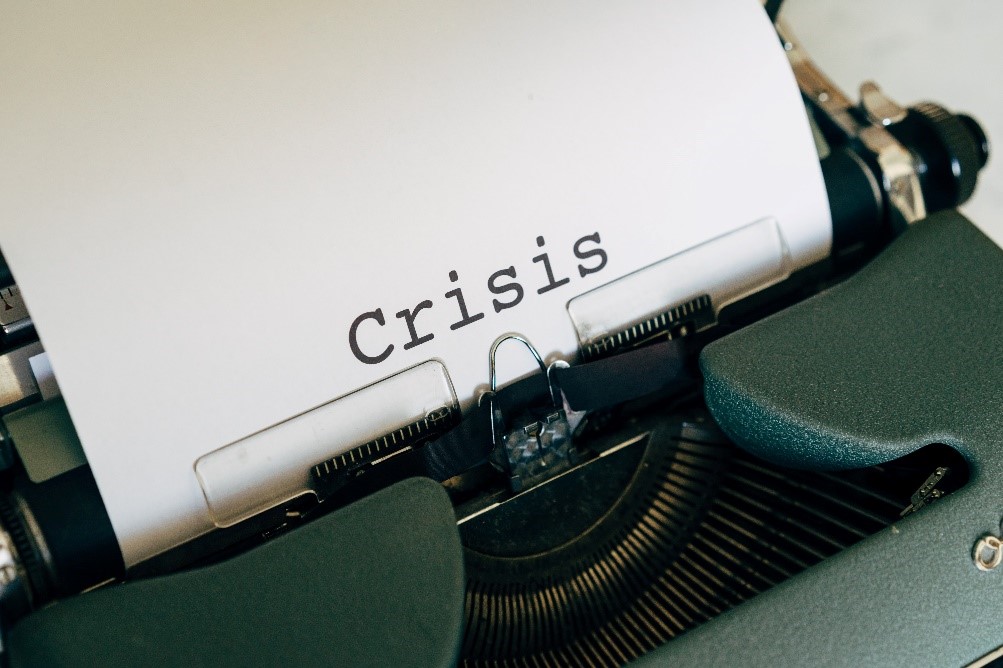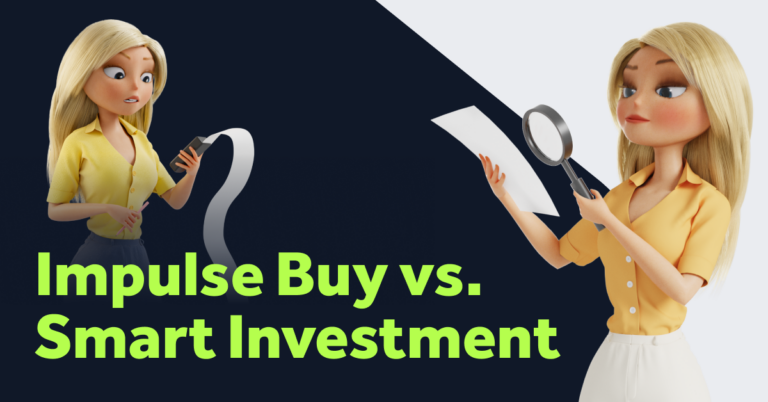The views and opinions expressed in this article are those of the guest blogger and do not necessarily reflect the official policy or position of Bondora.
My name is Carmen Corral and I write about crowdlending investments on my blog invertirenprestamosp2p.com. I have co-authored and translated the bestselling book by well-known German investors Lars Wrobbel and Kolja Barghoorn: Invest in P2P Lending: What you should know, how to avoid mistakes and invest successfully into Spanish. I also manage the Spanish Crowdlending Community where investors can exchange views and experiences on the subject. In this blogpost, I’ll share details about my portfolio and my thoughts about p2p in the current economic climate.

My investment portfolio
I have a diversified investment portfolio, but the largest percentage is invested in crowdlending. Unlike most investors, the first investment I ever made was in P2P lending. Although uncommon, I know I’m not the only one and that there are others who have also started their investing journey through P2P. I found it to be the best way to start, because unlike other investments, such as stocks or cryptocurrencies, it’s very easy to understand. Everyone knows how a loan works. It served as a starting point for me to enter the world of investments, which from the outside seemed very unfamiliar and complex. Right now, I invest in P2P lending, the stock market and cryptocurrencies.
In 2008, when the previous economic crisis began, I was working at a financial institution that provided consumer loans. Although it was not a peer-to-peer financing sector, the types of products, clients and form of marketing was very similar to the P2P lending originators we invest with. You can read more about this experience here. But let’s leave the past behind and focus on what matters to us now: the present and future of the current crisis.
This blogpost is mypersonal opinion on the current situation and how it affects and will continue to affect P2P investments. It is a comprehensive reflection; it includes ideas that I’m sure you already know and it may seem that I linger over some topics, but I think it’s important that we always look at the whole situation and include everything—even the things that seem obvious.
A crisis beyond the economy
The coronavirus crisis has generated a lot of uncertainty, and unfortunately, it’s not over yet. This uncertainty is not only on an economic level, but also on a personal level and in our lives in general: what will it all lead to; what can we do this summer, what will happen to our jobs and our way of life?

Once we realize that we are all in an unpredictable and uncertain time in our lives, it becomes easier for us to understand how uncertain and unpredictable the economy can be as well.
Although we can make certain predictions based on previous economic crises, it is not a guaranteed look at the future, because in living memory, we have not experienced a crisis like this one. The previous crises were economic; this is a health crisis that has had economic consequences.
There are those who claim that we have already overcome the worst of the crisis following the end of lockdowns, especially here in Spain. However, I don’t think that’s true. The new normality is greatly affecting many industries, not only tourism and hospitality, and it has had vast repercussions for almost all of them.
P2P lending during the economic crisis
But let’s talk about what interests us here: P2P lending investments. The reason why I wanted to introduce the topic at a global level is because we have to understand how this situation affects ordinary people. The effects of the crisis go beyond the global economy and the markets, because at the end of the day, when we invest in crowdlending, we are investing in people to whom we lend our money, with the aim of getting it back to us with interest. The chances that those people will keep up with their repayments, are what will determine what happens to our investments.
But it’s not just the way in which the loan originator manages their finances that will have an effect on our investments. It’s also the way that the intermediary investment platform manages their business that will have an effect on our investments. And how they run their business is now more important than ever.

On the one hand, it is to be expected that there will be more outstanding payments. Some borrowers will lose their jobs or their sources of income will be reduced and they will default on loans. The risk profile of many (not all) P2P lending clients is high, as is well known by crowd lenders who are more prepared to deal with this type of situation than traditional banks. Working with a high number of defaults and debt claims is something that crowd lenders are used to and prepared for. However, it is important to keep in mind that if they do not take action in the current situation this could get out of hand.
On the other hand, due to greater economic difficulties, we can also expect an increase in loan requests with a potentially higher level of risk. General uncertainty also makes risk models more unpredictable. A good loan originator platform will have had to review all its procedures, scoring models and acceptance processes. Even if the demand for loans is higher, it can be expected that fewer loans will be made in the face of high levels of risk during this uncertainty.
P2P investments in the COVID-19 crisis
With fewer loans available, our invested funds could be sitting on crowdlending platforms, waiting for loans to be invested in. However, it would be better if our money is not generating anything, rather than investing it in loans granted with no rhyme or reason, and with a very high risk.
Another consequence of a greater demand in investors and a shorter supply of borrowers, could mean a decreased interest rate that platforms offer to investors. This does not mean the risk is lower; it simply means the crowdlending platform is left with a higher margin.
Some countries have granted payment freezes and payment holidays during the crisis period. As an investor, I do not want my money to be sitting on platform, not generating returns, but I also understand the current situation that borrowers are in. Payment holidays in the short term are better than an increase in defaults in the long term.

Delays and defaults will affect our portfolio in different ways, depending on whether or not there is a buyback guarantee, interest generated during the delay, etc. But ultimately, the greatest effect will be on the P2P lending platform. If they do not manage loan originators efficiently; for example, if the number of defaults rises too high and they are overwhelmed, it could lead to an unsustainable situation and possibly, their platform’s collapse.
It is therefore more important than ever to choose your platform wisely and invest with solid entities who have a proven track record and are effectively dealing with this situation. They might take some measures that we don’t like, but they may be necessary to safeguard the interests of all investors and the survival of the platform. This is not a time to risk our money trying to get the highest return. This is a time to be conservative and to go for platforms with proven experience and strength.
This is my personal opinion on the subject,if you have a different point of view and want to share it I’ll be glad to hear from you. You can get in touch with me on my website invertirenprestamosp2p.com or in the Crowdlending Community on Facebook.


